The Vietnamese dong to US dollar exchange rate is forecast to continue moving up next year because of US dollar rate increase by the Federal Reserve System (FED). This is said to put Vietnamese commercial banks under heavy pressure of raising their dong reward rates.
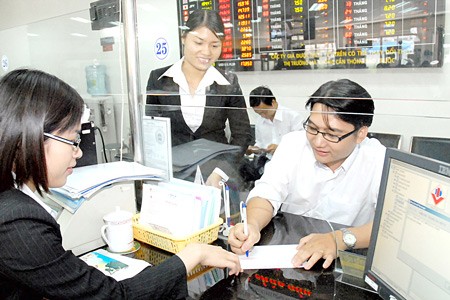
After hiking the dollar rate by 0.25 percent in December, FED is expected to further increase the rate next year. This has resulted in significantly stronger dollar and exchange rate fluctuations in Vietnam.
For the past two weeks, commercial banks have started hiking their reward rates in the Vietnamese dong by 0.2-0.4 percent a year.
Since December 15, Eximbank has lifted the rate by 0.1-0.2 percent to hit 4.6 percent a year for one month term, 5 percent for three months and 5.6 percent for six months term.
PVcomBank has also raised deposit rate by 0,2%-0,4% to 5.5 percent a year for three month term and 6.5 percent for six months term. The highest rate of this bank now reaches 7,7% for the term of 24-60 months.
VPBank has announced an extra increase of 0.3 percent to 5.2 percent on one month deposits and 0.4 percent to 6.9 percent for 12-13 month term.
Explaining the deposit rate increase, banks said that citizens and businesses have withdrawn money for yearend shopping, salary and bonus payment. The economy’s capital demand usually increases at the end of year so the banks have hiked reward rates to raise funds.
Deputy Director of the State Bank of Vietnam in HCMC Nguyen Hoang Minh said that banks had stiffened their reward rates in preparations for implementation of Circular 06 which will take effect on January 1, 2017.
The circular stipulates safety ratio in the operation of credit institutions, reducing the ratio of using short term credit source for medium and long term loans from 60 percent to 50 percent.
According to experts, capital demand growth in yearend months has strained the banking system’s liquidity. This is showed through inter-bank rate increase to the highest level during the last ten months for all short, medium and long terms.
Over night rate has inched up 1.25 percent to 5.1 percent a year, one week term up 1.17 percent to 5.11 percent and two week term up 0.95 percent to 5.07 percent.
In addition, although the State Bank of Vietnam (SBV) has issued treasury bills of all terms but the volume of mature capital through this channel still reached VND 2,590 billion (US$114 million) last week, proving that the banking liquidity has no longer been redundant as it was in the third quarter this year, said experts.
Interest rates difficult to reduce in 2017
Experts said that although SBV and banks have strived to steady deposit and loan interest rates, contributing to macroeconomic stabilization and business development, they will see it tough to stablize the rates like that next year.
A representative of Vietcombank securities company (VCBS) said that the stronger US dollar due to US economy recovery and FED’s interest rate hike would continue putting pressure on exchange rate and the forex market. The company forecast that the Vietnamese dong will devalue about 2-4 percent next year.
Amid the context of likely stronger US dollar and global bond yields increase, the central bank will meet with difficulties in reducing interest rates, said experts. Dollar appreciation will force banks to increase dong rate to prevent savings from run into other investment channels such as gold, real estate and stock market.
Economic expert Can Van Luc said that interest rates would be adjusted reasonably to ensure depositors’ rights in the upcoming time. If banks do not increase their bonus rates, it will be difficult for them to raise capital.
Financial expert Nguyen Tri Hieu said that the current interest of over 6 percent for terms of less than 12 months was unattractive. Therefore reward rate was unlikely to slide next year.
The December interest rate increase by large banks has put heavy pressure on small banks to hike their rates unless losing customers.





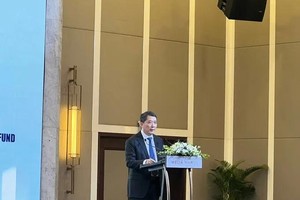
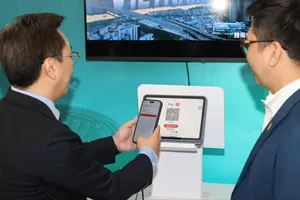



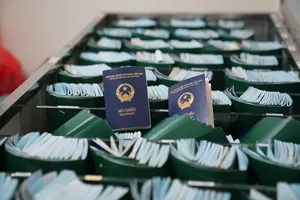
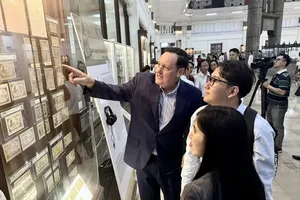


)

)







